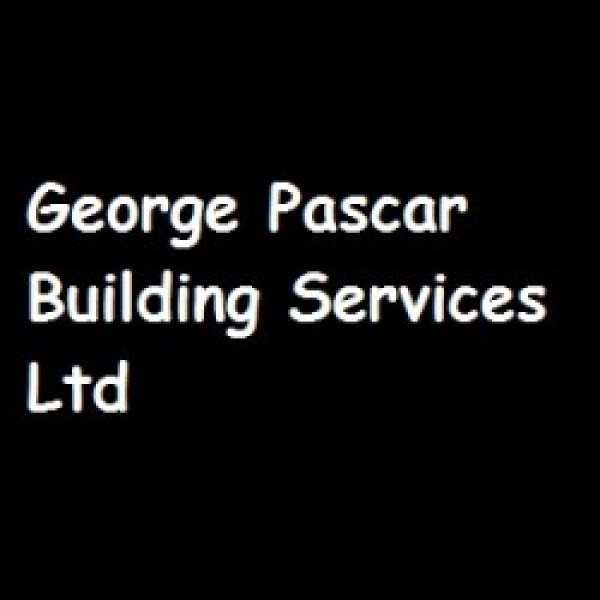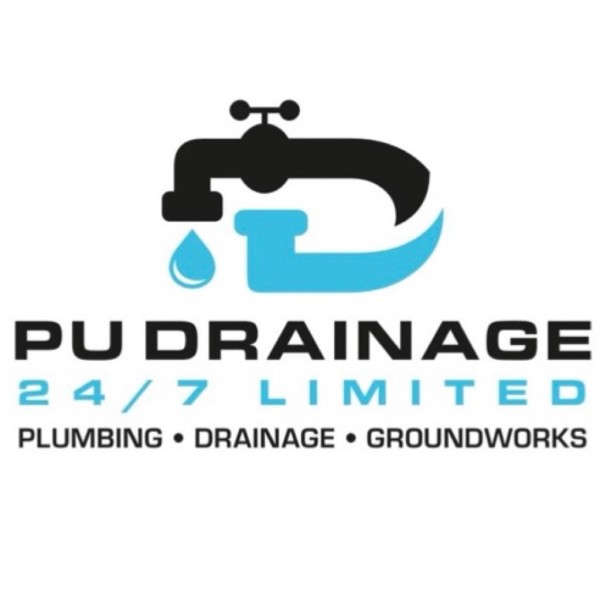Damp Proofing in Morden
Filter your search
Post your job FREE and let trades come to you
Save time by filling out our simple job post form today and your job will be sent to trades in your area so you can sit back, relax and wait for available trades to contact you.
Post your job FREESearch Damp Proofing in places nearby
Understanding Damp Proofing in Merton
Damp proofing is a crucial aspect of maintaining a healthy and durable home, especially in areas like Merton where the climate can be quite damp. This article will delve into the intricacies of damp proofing, offering insights into its importance, methods, and benefits. Whether you're a homeowner or a prospective buyer, understanding damp proofing can save you from future headaches and expenses.
What is Damp Proofing?
Damp proofing refers to the range of techniques used to prevent moisture from penetrating the walls and floors of a building. This process is essential in protecting the structural integrity of a property and ensuring a comfortable living environment. In Merton, where rainfall is frequent, damp proofing is particularly important to prevent issues such as mould growth, wood rot, and structural damage.
Why is Damp Proofing Important in Merton?
Merton, like many parts of the UK, experiences a fair amount of rainfall throughout the year. This makes buildings in the area susceptible to damp problems. Damp proofing is vital because it helps maintain the property's value, prevents health issues related to mould and mildew, and ensures the longevity of the building materials. Without proper damp proofing, properties can suffer from unsightly and damaging damp patches, leading to costly repairs.
Common Signs of Damp in Homes
Recognising the signs of damp early can save homeowners a lot of trouble. Common indicators include:
- Peeling wallpaper or paint
- Musty odours
- Discoloured patches on walls or ceilings
- Cold or damp walls
- Presence of mould or mildew
If you notice any of these signs in your Merton home, it's time to consider damp proofing solutions.
Types of Damp and Their Causes
There are several types of damp that can affect a property, each with different causes:
Rising Damp
This occurs when moisture from the ground rises up through the walls. It's often due to a failed or missing damp proof course (DPC).
Penetrating Damp
Caused by water entering the building through walls, roofs, or windows, often due to structural issues or poor maintenance.
Condensation
Occurs when warm, moist air comes into contact with cold surfaces, leading to water droplets forming. This is common in poorly ventilated areas.
Methods of Damp Proofing
There are several effective methods for damp proofing, each suited to different types of damp:
Damp Proof Course (DPC)
A DPC is a barrier, usually made of plastic or bitumen, installed in the walls to prevent rising damp. It's a standard feature in modern homes but may need retrofitting in older properties.
Damp Proof Membrane (DPM)
Similar to a DPC, a DPM is used on floors to prevent moisture from rising through the ground. It's often used in conjunction with a DPC for comprehensive protection.
Waterproofing Paints and Sealants
These products can be applied to walls and ceilings to create a moisture-resistant barrier, ideal for combating penetrating damp.
Improving Ventilation
Installing extractor fans or air bricks can help reduce condensation by improving airflow and reducing moisture levels in the air.
Choosing the Right Damp Proofing Solution
Selecting the appropriate damp proofing method depends on the type of damp affecting your property. Consulting with a professional damp proofing expert in Merton can provide you with a tailored solution that addresses the specific needs of your home.
Benefits of Professional Damp Proofing Services
Hiring a professional for damp proofing offers several advantages:
- Expert assessment and diagnosis of damp issues
- Access to specialised tools and materials
- Guaranteed workmanship and long-lasting results
- Peace of mind knowing your home is protected
Professionals can also provide maintenance tips to prevent future damp problems.
Cost of Damp Proofing in Merton
The cost of damp proofing can vary depending on the size of the property, the extent of the damp problem, and the chosen method. On average, homeowners in Merton can expect to pay between £500 and £3,000 for comprehensive damp proofing services. It's advisable to obtain multiple quotes to ensure you're getting a fair price.
DIY Damp Proofing: Is it a Good Idea?
While some minor damp issues can be tackled with DIY methods, such as applying waterproof paint or improving ventilation, more serious problems should be left to professionals. DIY solutions may provide temporary relief but often fail to address the root cause of the damp, leading to recurring issues.
Maintaining a Damp-Free Home
Once your home has been damp proofed, regular maintenance is key to keeping it damp-free. This includes:
- Regularly checking for leaks and repairing them promptly
- Ensuring gutters and downspouts are clear and functioning
- Maintaining good ventilation throughout the home
- Inspecting the damp proof course and membrane periodically
Environmental Impact of Damp Proofing
Modern damp proofing methods are designed to be environmentally friendly. Many products are now made with sustainable materials and are free from harmful chemicals. Additionally, preventing damp can improve a home's energy efficiency by reducing heat loss, contributing to a lower carbon footprint.
Frequently Asked Questions
What is the difference between damp proofing and waterproofing?
Damp proofing prevents moisture from entering a building, while waterproofing is a more comprehensive solution that prevents water ingress in areas prone to heavy water exposure, like basements.
How long does damp proofing last?
When done correctly, damp proofing can last for decades. Regular maintenance and inspections can help ensure its longevity.
Can damp proofing increase property value?
Yes, a well-maintained, damp-free home is more attractive to buyers and can increase the property's market value.
Is damp proofing covered by insurance?
Most home insurance policies do not cover damp proofing as it's considered a maintenance issue. However, damage caused by damp may be covered if it's due to an insured event.
How can I tell if my home needs damp proofing?
Look for signs of damp such as peeling paint, musty smells, or mould. A professional inspection can provide a definitive answer.
Are there any grants available for damp proofing?
Some local councils offer grants or loans for home improvements, including damp proofing. It's worth checking with Merton Council for any available schemes.
Final Thoughts on Damp Proofing in Merton
Damp proofing is an essential investment for homeowners in Merton, ensuring the longevity and comfort of their properties. By understanding the types of damp, recognising the signs, and choosing the right solutions, you can protect your home from the adverse effects of moisture. Whether you opt for professional services or tackle minor issues yourself, staying proactive about damp proofing will pay off in the long run.







